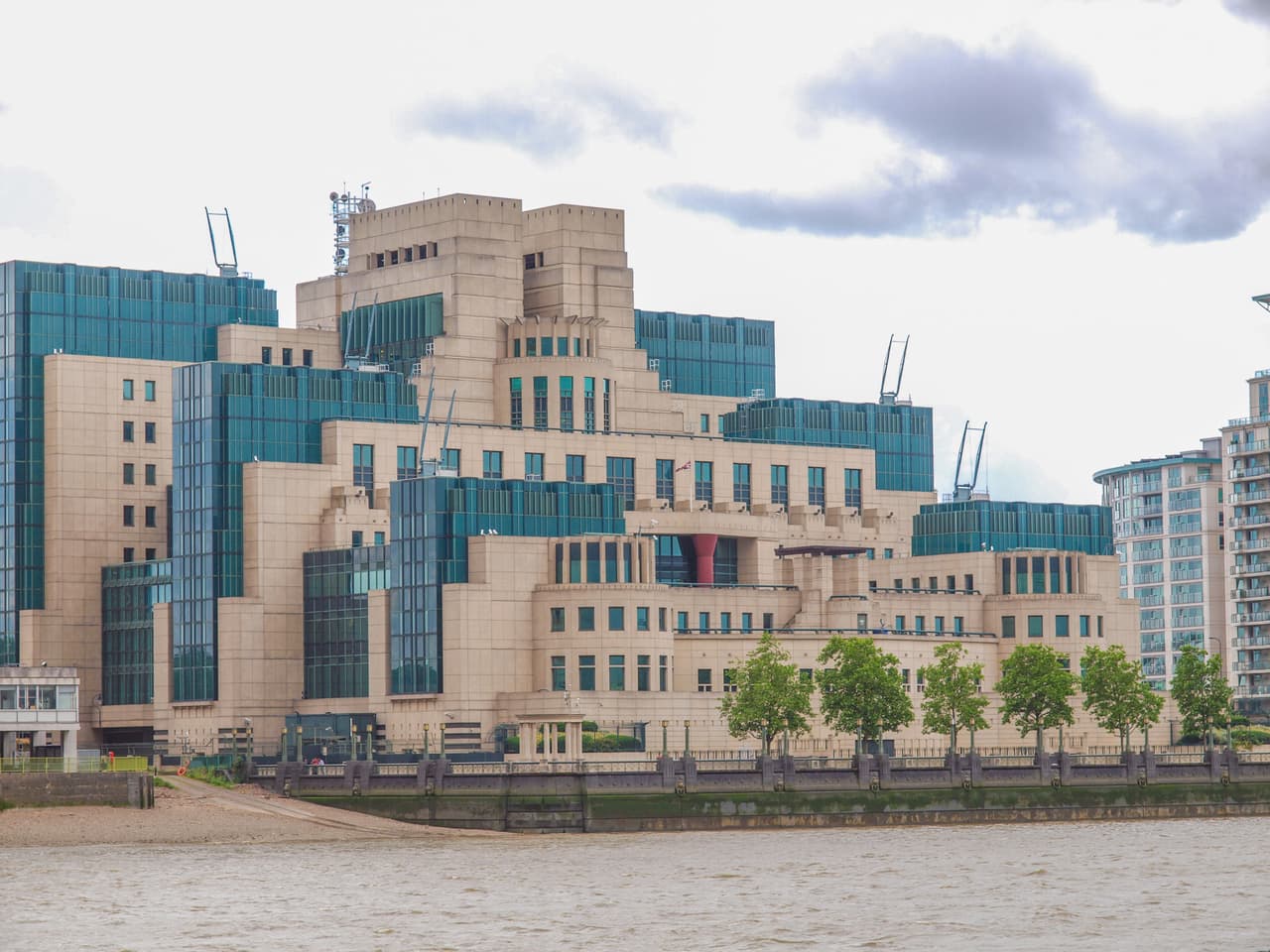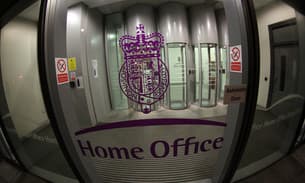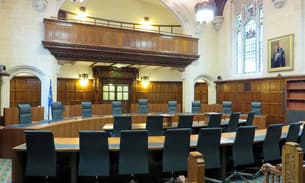
Government to release details of secret policy on surveillance of privileged communications
The Secret Intelligence Service HQ in london / Shutterstock
The UK government is to release secret policy documents detailing on what basis the security services are permitted to intercept legally protected communications between lawyers and their clients.
The files are being disclosed to lawyers as part of a case being heard at the Investigatory Powers Tribunal, which oversees complaints against the intelligence services and government use of surveillance.
Communications between lawyers and their clients are normally protected by ‘absolute privilege’. However, there may be exceptional circumstances in which information is no longer entitled to privilege. What is not known is how the different intelligence agencies assess what communications are subject to privilege and the safeguards that are in place to ensure legally protected material is not intercepted.
This landmark disclosure will for the first provide an insight into how they decide to intercept and analyse protected communications.
State surveillance has become a key civil rights issue for campaigners, lawyers and journalists following the disclosures from Edward Snowden. The Bureau is currently bringing a case to the European Court of Human Rights asking the court to rule on whether there are sufficient protections in UK legislation for journalists’ communications.
Related article: Bureau files ECHR case challenging UK government over surveillance of journalists’ communications
Though the policy documents on surveilling legal communications will not be released publicly, any information contained in them that are subsequently mentioned in an open court can be freely reported.
The case is being brought by a group of Libyans who claim the UK government was involved in their extraordinary rendition to Gadaffi’s Libya. In a separate case they are suing the UK. They have brought the case to the IPT to confirm that the intelligence services have not used their powers to spy on their confidential communications with their lawyers.
One of the claimants is Abdul Hakim Balhadj, a Libyan dissident. He alleges that the UK had a role in his rendition back to Libya with his pregnant wife, where they were mistreated. He is being represented at the IPT by lawyers from Reprieve, the civil rights group.
Though the government has agreed to release policy documents, there was some debate in court as to the extent of the disclosure. The government has offered to provide retyped copies of the original documents, which will be amended so that information relating to national security will be summarised.
However, lawyers for the Libyans have argued that they should be given photocopies of the original documents with the redacted material marked out. That way they will be able to tell how much of the information has been redacted.
The government has also refused to release any information relating to the training that security analysts and officers receive on the legality of intercepting communications between lawyers and clients. It claims that to do so would be too time consuming.
One core set of files that the government has also refused to release are records of whether communications between lawyers and clients have been intercepted unlawfully.
The case is one of several relating to state surveillance moving through the courts. Liberty, the campaign group, is also pursuing a case at the IPT to confirm if it has been unlawfully surveilled by GCHQ.
Conservative MP David Davis and Labour MP Tom Watson are also planning to sue the government to confirm if their communications as MPs have been collected.
Yesterday it was also revealed in a separate case brought to the IPT by Amnesty International, Liberty and Privacy International that the government spy agency, GCHQ can request unlimited amounts of bulk data from foreign spy agencies, without a warrant.
Details about the Bureau’s case: Deep State.




